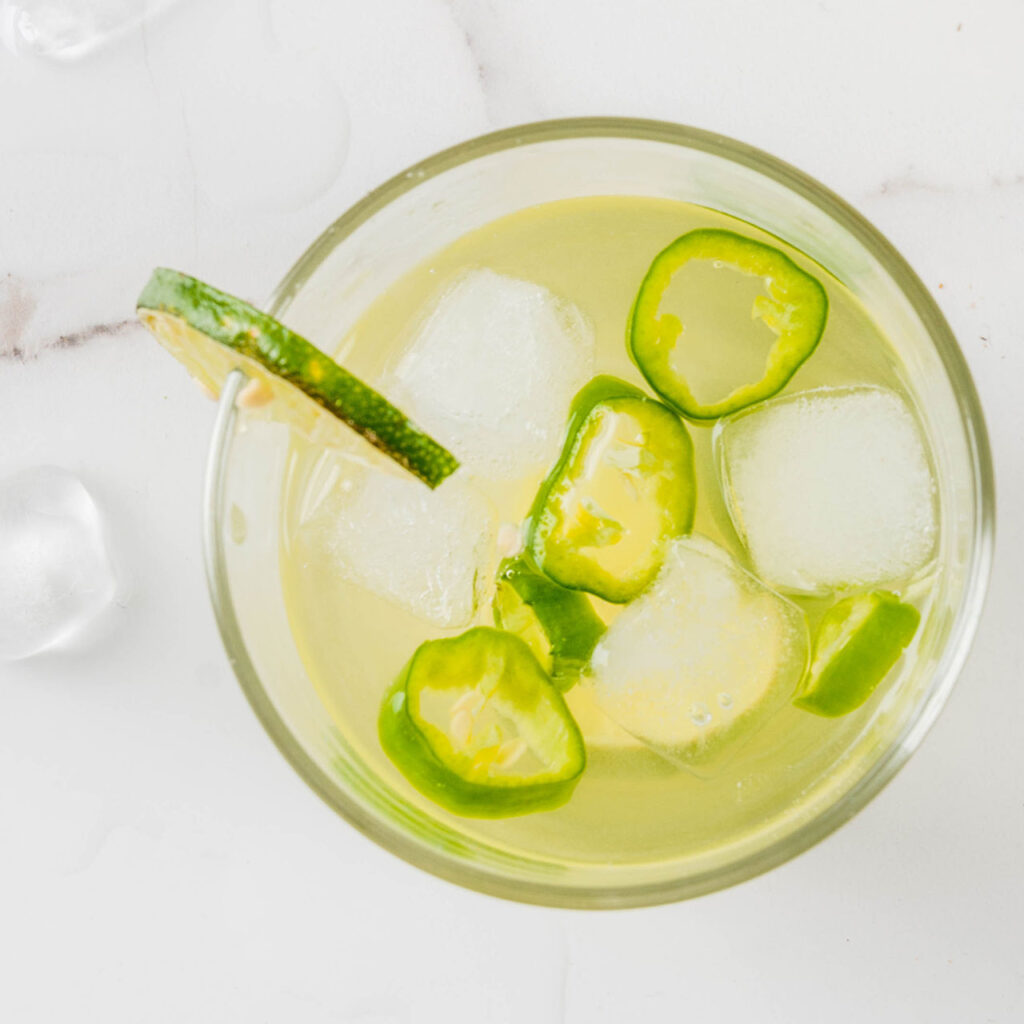Weight loss expert shares gut-friendly cocktail for staying lean
In the pursuit of balance between health and enjoyment, mocktails arise as the perfect solution. These alcohol-free drinks offer the taste and enjoyment of traditional cocktails but with a wholesome twist, making them an ideal choice for those aiming to maintain a lean and healthy lifestyle in their 40s. By steering clear of the empty calories and potential metabolic disruptions of alcohol, mocktails pave the way for a more mindful approach to indulgence.
Molly McKennedy, a TikTok creator with over 33K followers, known for posting weight loss content, recently shared a simple mocktail recipe that’s not only low-calorie but also supports staying lean in your 40s and boosts gut health.

Mocktail For Weight Loss & Gut Health “Just because everyone else is drinking alcohol, that does not mean you have to,” she suggests. Molly also highlights that this mocktail is “delicious, low-calorie, low-carb, and good for your gut.”
To start, she fills a wine glass with a handful of ice cubes. Then, she pours in low-calorie kombucha and sparkling water, finishing with freshly sliced jalapeños for both garnish and flavor. That’s it!
This mocktail recipe provides a healthier alternative to traditional alcoholic beverages in multiple ways. Firstly, by choosing low-calorie kombucha and sparkling water instead of alcohol, it significantly reduces the drink’s calorie content, making it a lighter option for those mindful of their calorie intake.
Moreover, kombucha, known for its probiotic properties, can support gut health and digestion, adding a beneficial element to the drink. Additionally, the inclusion of freshly sliced jalapeños enhances the flavor profile and provides a spicy kick without the need for sugary mixers or syrups often found in cocktails.
Overall, this mocktail not only satisfies the taste buds but also promotes a healthier lifestyle by offering refreshment without the drawbacks associated with alcohol consumption.
Re-reported the article originally published in She finds






